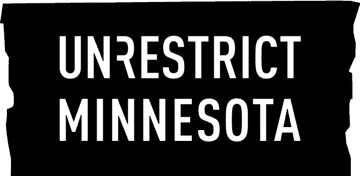3. Promote Healthy Families + Advance Reproductive Justice
Our vision for the future is founded on the principles of reproductive justice—the human right to maintain personal bodily autonomy, have children, not have children, and parent the children we have in safe and sustainable communities. This vision is expansive, encompassing many more legislative needs than can be addressed in a single session—including state support for improved and expanded health care, child care, paid family and medical leave, food security, public education, psychological and emotional care, assistance for all economically insecure people, gun control and the abatement of violence of all kinds. In the 2024 Legislative Session, we support the following measures aimed at promoting healthy families and advancing reproductive justice.
Legislative Priorities:
Mandate insurance coverage in all Minnesota state and private health plans for a full range of gender-affirming care and reproductive health care.
- Too many health plans currently leave out essential gender and reproductive health care services. To ensure equitable access, we must treat these services like all other essential health care and ensure in all insurance plans coverage for:
- Gender affirming care
- Full range of contraception, including over-the-counter birth control and vasectomy
- Anesthesia for IUD services
- IVF and infertility treatments
- Over-the-counter PEP/PREP
Pass the Uniform Parentage Act.
- Update Minnesota’s parenting laws to address needs for LGBTQ+ families, specifically around recognizing both same-sex parents as birth parents on legal documentation.
Ban pelvic and breast exams on unconscious patients without consent.
- Training medical students to perform pelvic and breast exams is essential to their education and future practice, but these exercises are too often performed on patients under anesthesia who have only consented to examination by their health care providers—not by students. Preserving and protecting the bodily autonomy of all patients requires mandatory patient consent for any such examination.

